You guys were waiting for this one, weren’t you?
I get asked this question almost every day, and 10 times that as soon as the load shedding season starts.
So, which is the better option?
If you did ask me this question and I’ve directed you to this post, I hope this answers all your questions and leaves you in a position of better understanding.
More importantly you can decide on what could work best for you. We can now proceed on quoting on your project. 😉
Inverter or generator. Pros and cons.
Firstly let’s start with noise levels. Generators have either petrol or diesel engines which create noise, whilst inverters are made up off electronics and transformers which are almost silent.
Although you can reduce the noise levels of the Generator by building an enclosure with sound dampening materials and choose an exhaust with better silencing, the Inverter still gains the Pro on this one.
Next point. What powers these items? Generators run on fuel which is a running cost, as well as an operating cost. Therefore, it would be your duty to make sure you always have fuel available to run the generator.
Inverters, on the other hand gets its power from a battery, or bank of batteries, depending on (1) how much of equipment you want to run on the inverter and (2) duration of running equipment. This would require proper calculations when making provision for an application and monitoring the battery usage during a power outage.
In this respect, the correct size generator must be chosen and thereafter just the fuel to be topped up, and of course started regularly and serviced.
Now both have pros and cons on this area.
What you may like on the inverter side is that whilst you are using electricity from your service provider (eg. Eskom) to charge your batteries, you can install solar panels and have those charge your batteries. You have suddenly reduced your electricity bill going the inverter route. Now that’s a pro on the inverter.
If you have power hungry equipment such as machinery, 3-phase power items, instruments with electric motors, etc, then the Generator is the more feasible route to manage the electricity demand.
Inverters are more suited to lighting, electronic equipment, etc.
Now THIS is a point that would definitely sway you to the correct direction.
Going the inverter route means that batteries need to be replaced after a period of time (anything from 3 to 7 years), depending on the type of batteries you have, their frequency of use and depth of discharge.
The Generator can be seen as a pro here.
Honestly, I can say that “One doesn’t trump the other. “
From what you’ve read above, you can see that both have their pros and cons, and that both are suited for different applications in their own respect.
Well, I hope this helps you choose what’s best suited for you. 😁
If you are interested in a quote for a generator or inverter supply and install (Durban only), please email us [email protected].
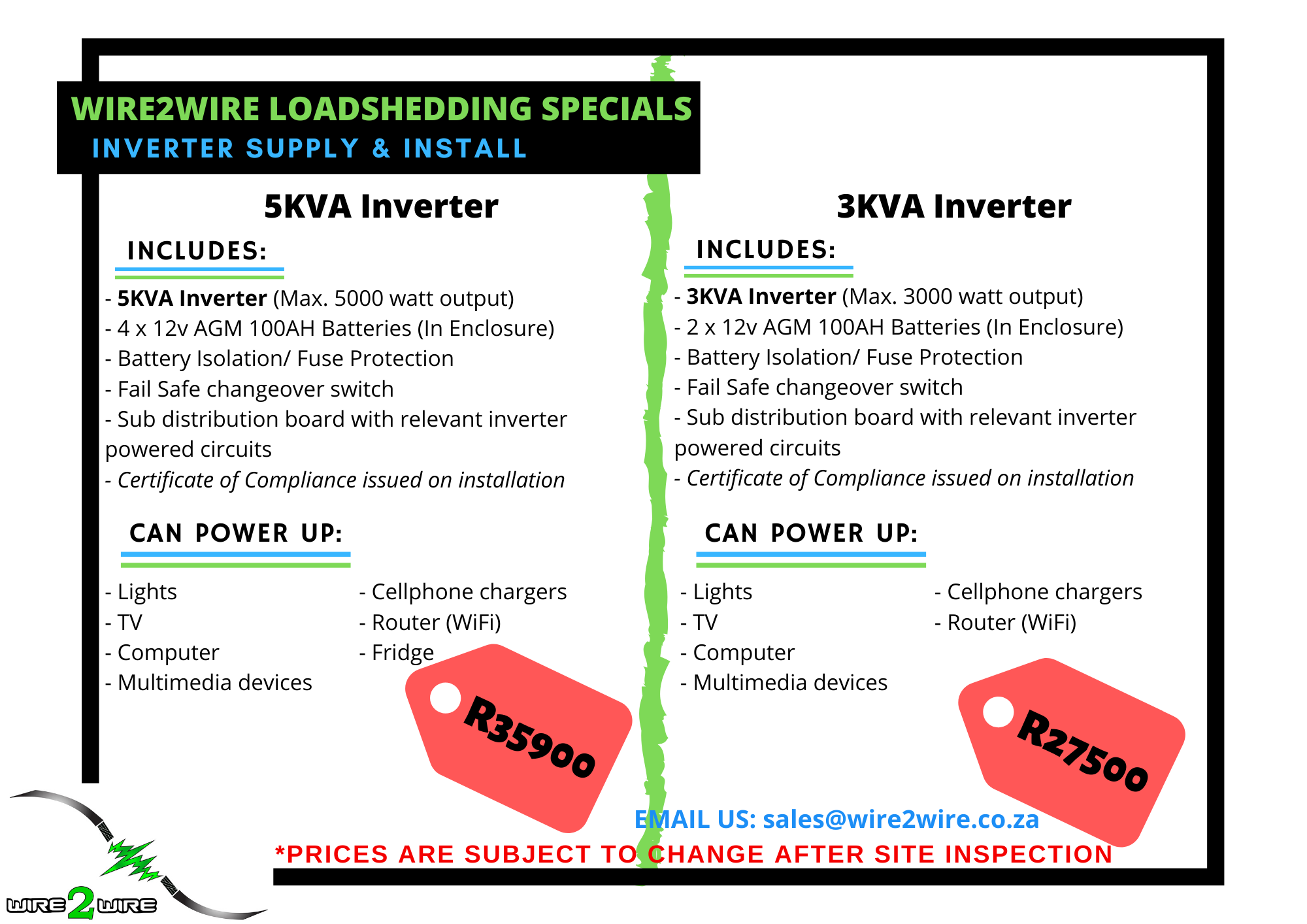
If you guys have made it here to the end of this blog (and read every word), then I thank you guys for the support.
And if you guys did read every word, then I hope I’ve contributed to your knowledge bank in some way.
Don’t forget to follow my blog. I have so much to share with you. 😉
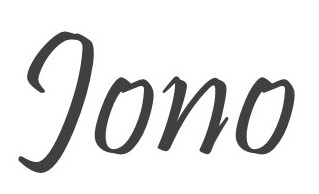
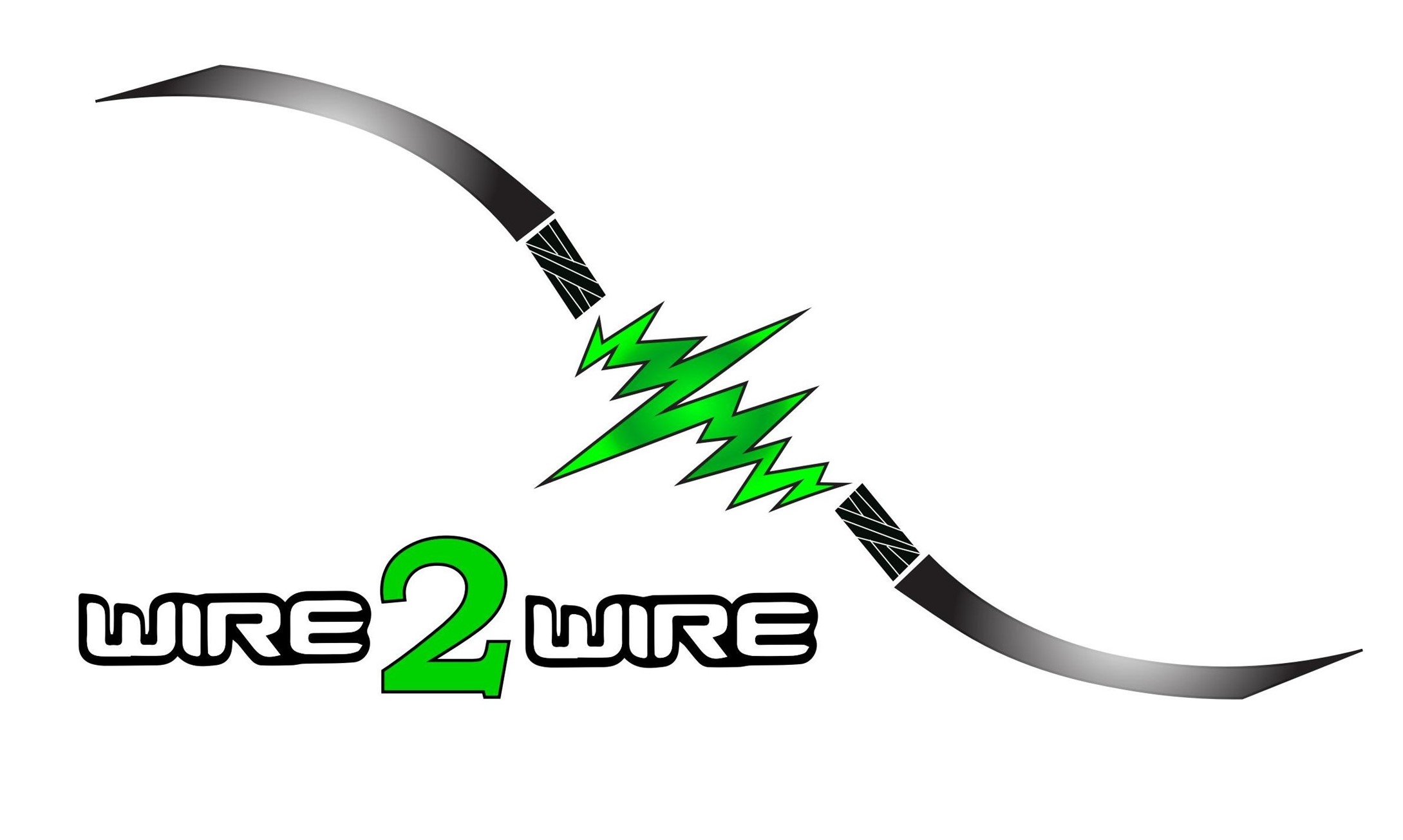
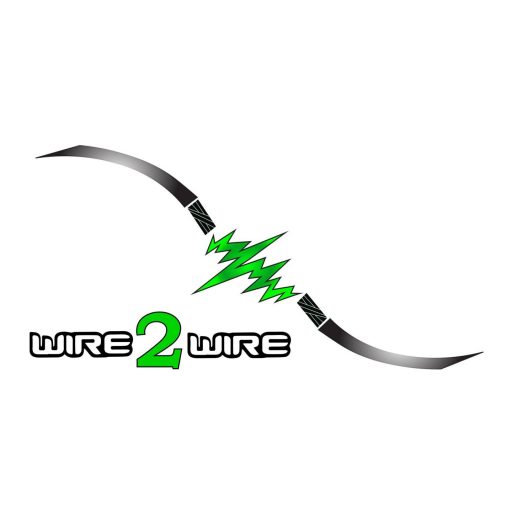
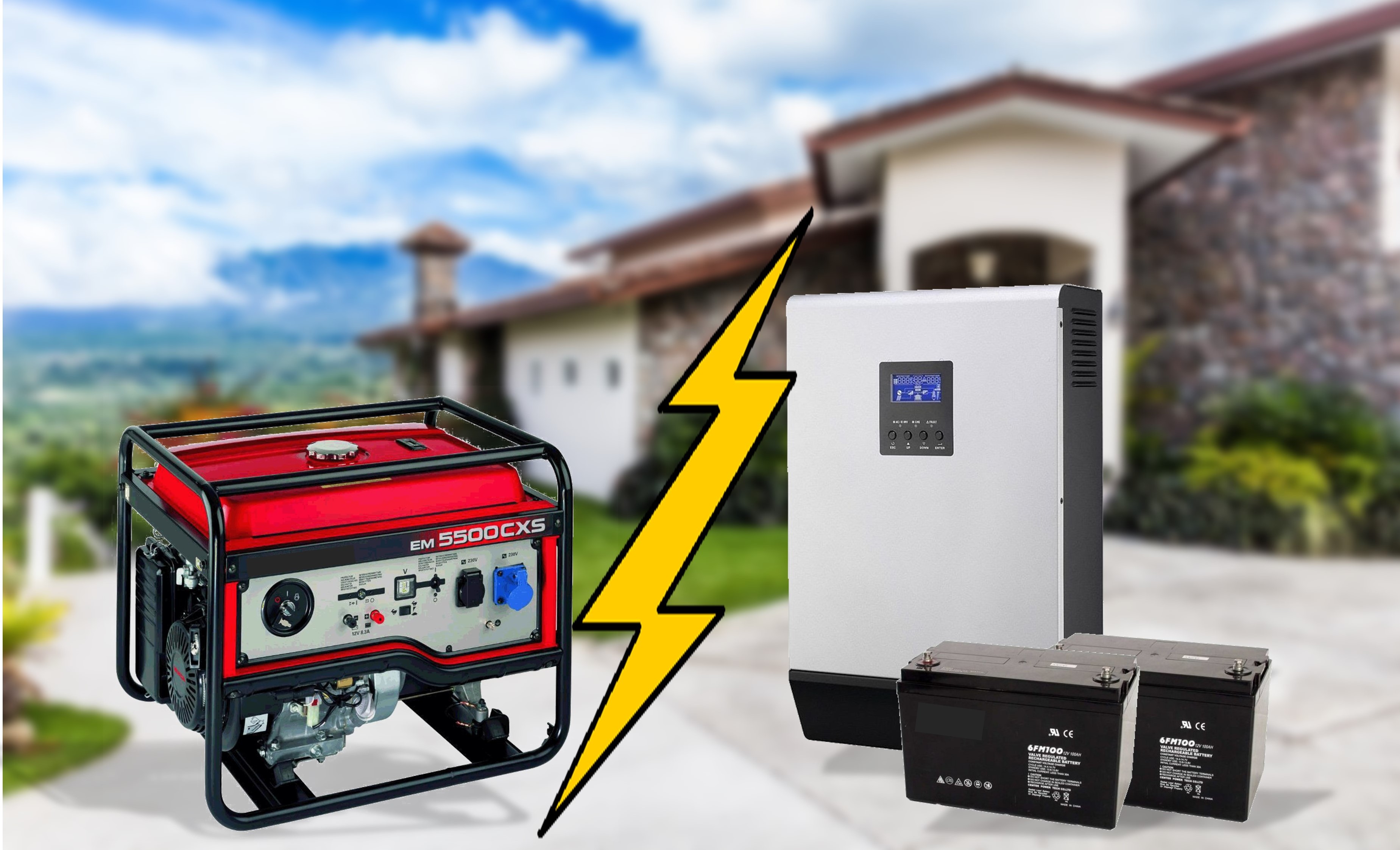

Well … it certainly educated me …
Thanks Jono
You are most welcome. I am glad to be of assistance.
Very informative, thank you W2W and thanks Jono!
Thank you so much for the feedback. It’s greatly appreciated. I’m happy to add value to your life. Subscribe to the blog to get the latest post via email.